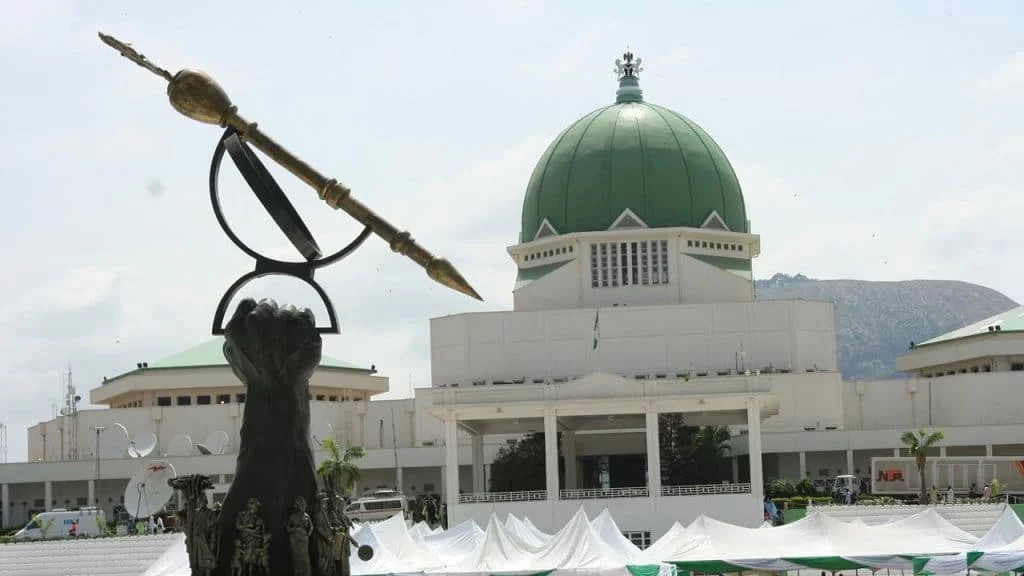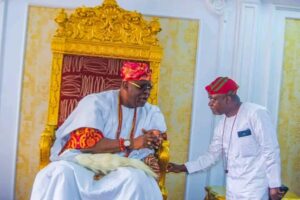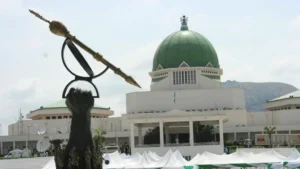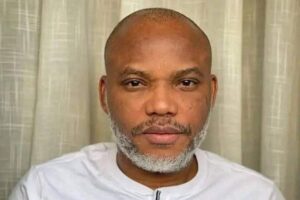
Nigeria’s political calendar may soon witness a major shift as the National Assembly considers moving the 2027 general elections to November 2026 — six months ahead of the traditional schedule.
The proposal, contained in the Electoral Act Amendment Bill 2025, was presented at a joint public hearing of the Senate and House Committees on Electoral Matters in Abuja on Monday.
Lawmakers say the adjustment is necessary to allow sufficient time for all election petitions to be concluded before the May 29, 2027 handover date.
According to the proposed amendment, “Elections into the office of the President and Governor shall be held not later than 185 days before the expiration of the term of the current officeholder.”
Chairman of the House Committee on Electoral Matters, Hon. Adebayo Balogun, explained that the move aims to eliminate post-election uncertainties and ensure a seamless transition of power.
He further disclosed that the National Assembly plans to review Sections 285 and 139 of the 1999 Constitution to shorten the time frame for election litigations. Under the proposal, tribunal rulings will be delivered within 90 days instead of 180, while appellate judgments will take 60 days, ensuring that the entire process ends within 185 days.
The bill also introduces early voting privileges for specific categories of voters, including security agencies, journalists, accredited election observers, and officials of the Independent National Electoral Commission (INEC), who would cast their ballots 14 days before the general polls.
Another key provision of the amendment mandates the electronic transmission of results, which would now be legally binding. The proposed Section 60(5) states that presiding officers must transmit both the total number of accredited voters and election results electronically and manually to the next level of collation.
To ensure compliance, any officer found issuing unstamped ballot papers or result sheets may face up to one year in prison or pay a fine of ₦1 million.
INEC, represented by Prof. Abdullahi Zuru, expressed full support for the reforms, describing the measures as essential to strengthening transparency and credibility in Nigeria’s electoral process.
The development comes on the heels of ongoing constitutional amendments aimed at improving electoral integrity and reducing the cost of elections. In July, a separate proposal suggesting that all elections — presidential, governorship, and legislative — be held on the same day in 2027 generated mixed reactions.
While opposition parties such as the PDP, LP, ADC, and NNPP backed the move, the ruling APC raised concerns over its feasibility, warning of possible logistical and security challenges.
The initiative, championed by the Deputy Speaker of the House of Representatives, Hon. Benjamin Kalu, followed nationwide consultations across the six geo-political zones.
If passed into law, the bill would not only alter the election timetable but also redefine Nigeria’s democratic process by promoting early preparation, legal clarity, and improved electoral efficiency.




![[PHOTOS] Offa LG Councillor, Prince Adegboye Adeniyi Festus Empowers Constituents, Donates Education and Health Materials](https://newsbulletin.com.ng/wp-content/uploads/2025/10/1760428832288-300x300.jpg)


